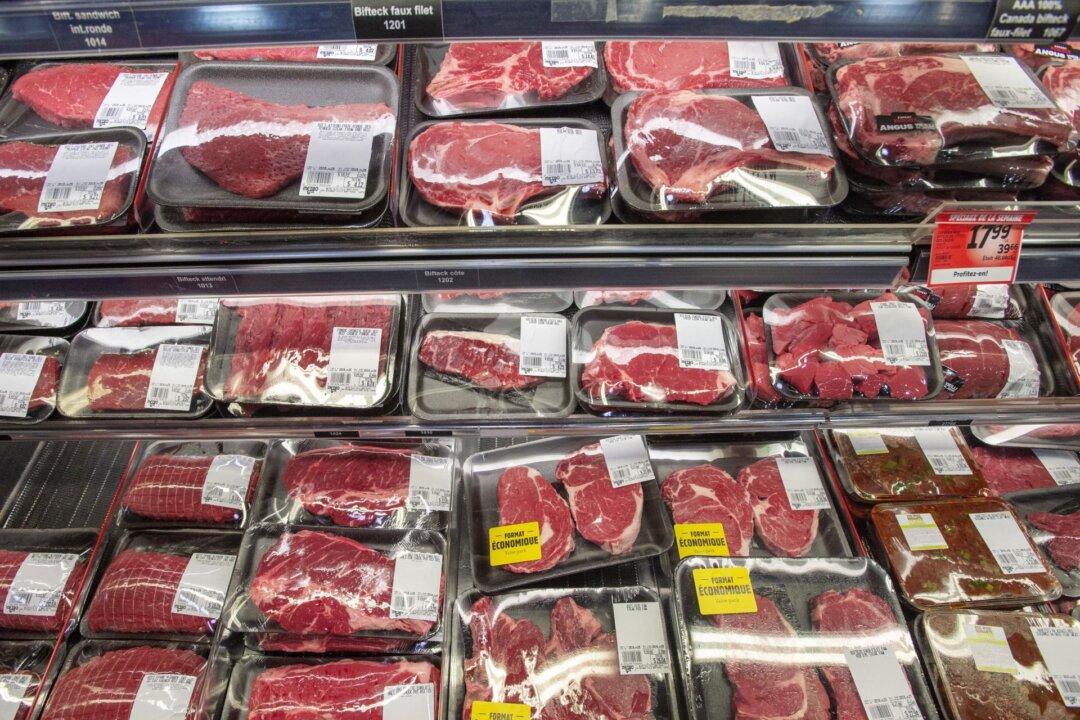HALIFAX—A Canadian researcher who co-led a study that challenges well-worn advice to limit meat consumption has responded to criticisms he should have disclosed past ties to the global meat and food industry.
Dalhousie University’s Bradley Johnston says he followed the disclosure rules of the Annals of Internal Medicine, which published the work Sept. 30. Those rules required the report’s panel of 14 researchers from seven countries to reveal outside funding received within three years.





